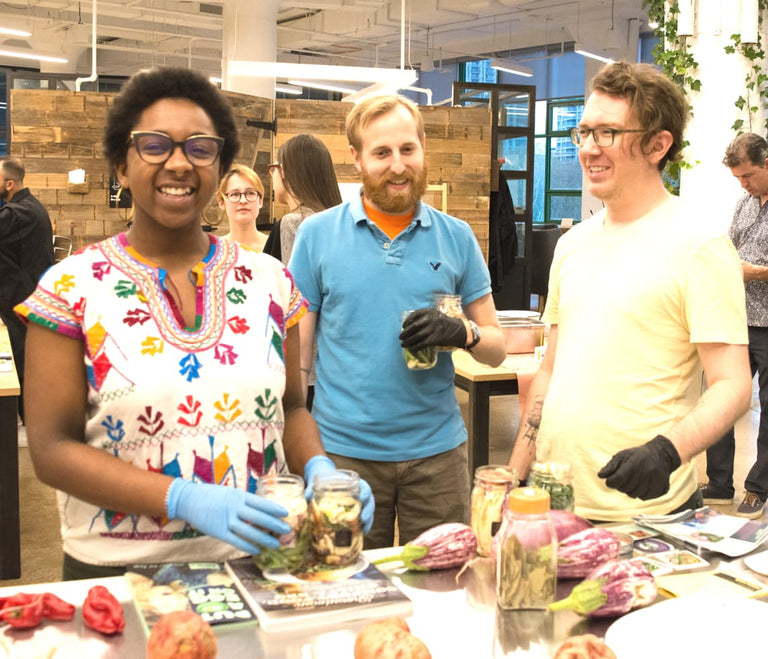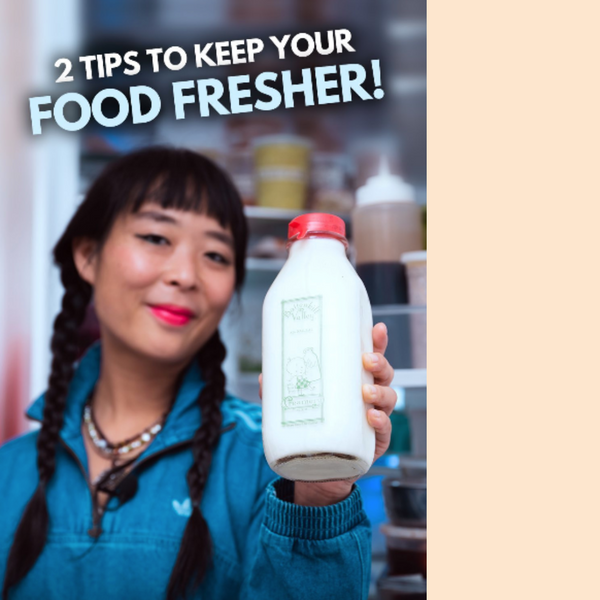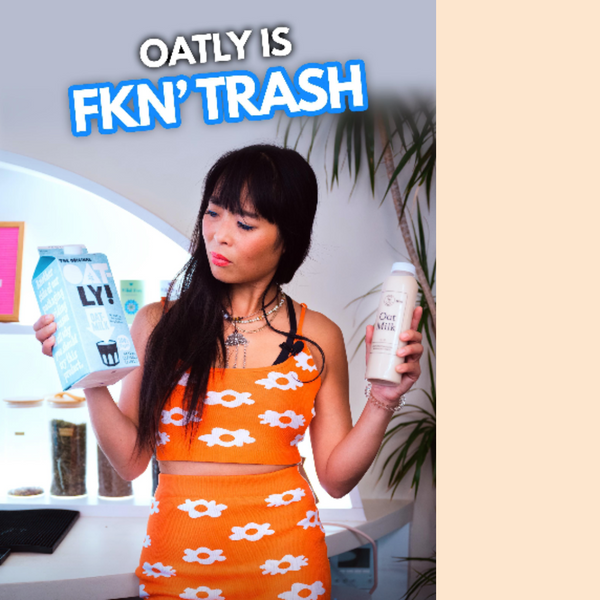The Truth About Turkeys
The holidays are a time to reflect in gratitude with our loved ones our communities at large and celebrate the land which shelters and provides for us.
Whatever way you’ll spend this upcoming Thanksgiving, treating ourselves and each other to a delicious meal (home-cooked, pre-made or takeout) is a tradition we can all get behind. But if you’re opting in to get drowsy over the holiday’s famous stuffed bird, it’s best to check out your local turkey farms to ensure a happy, sustainably-raised bird that didn’t travel a flight’s worth to get to your table.
There are a number of turkey farms in the state of New York that provide both fresh and frozen turkeys to neighboring areas. For instance, Quattros Farm, a small game farm in Pleasant Valley, NY travels 80 miles to share its responsibly raised meats in select Manhattan farmers markets. This roughly two hour drive is incomparable to the 1,500 and 2,500 mile trip that factory-farm raised turkeys in grocery stores across the U.S. often have.
Buying local turkey, like buying local goods, can benefit both our health and our environment. For most cities nationwide, food supply is reliant on resources miles beyond the reach of a short drive or a leisurely stroll. Long-distance trips demand more time and increase the possibilities for air contamination from the huge quantities of fuel used by factory transport trailers.
In addition, some factory turkey farms collect animal waste in football field-sized, open-air lagoons that can tarnish and contaminate nearby water supplies when over-applied to the land, according to the USDA. The gallons of water used to produce a pound of turkey at a factory farm equals the same amount of water the average American uses in 100 showers.
Factory farms produce as many as 30,000 birds per holiday season in order to have enough to supply the holiday-season demand of corporate grocery stores. Minnesota is one of the highest producers of turkeys for the U.S. When turkeys travel far distances, they must be frozen for weeks which affects the flavor and texture. Birds are given less than 3 sq ft of living space. On the contrary, many local farms raise about 50 to a few hundred birds at a time since each farm worker must care for each turkey, attentively, to keep it healthy. Your Local Roots turkeys roam free on upstate NY pasture.
Factory farms allow less than 3 sq ft of living space for birds. Image via farmsanctuary.org
Quattros Birds have access to the outdoors to roam around free. Image via Quattros Farm
A turkey’s health is vital in maintaining its flavor and protecting itself against Salmonella or E.coli-causing bacteria. If they are given excessive amounts of antibiotics for non-therapeutic purposes, as many factory-farm raised turkeys experience, it can inflict antibiotic resistant infections to the person eating it, according to Farm Sanctuary. However, the use of hormones and antibiotics at smaller farms vary from farm to farm and pose no threat to the health of both the animal and the consumer. There are many local farms that do not use any hormones or antibiotics and the ones that do are strictly for therapeutic purposes. The farm Local Roots NYC partners with for Thanksgiving turkeys raise their birds with care and attention instead of using hormones or antibiotics. Additionally, the type of feed turkeys eat determines the bird’s level of saturated fat content. Naturally-fed turkeys. Unnatural feed, usually fed to Broad Breasted White turkeys on factory farms to promote fast growth increase the turkey’s natural level of saturated fat. Natural feed, like all-organic, vegetarian grains, do not drastically increase saturated fat--and these turkeys are typically more flavorful to taste. Quattros Game Farm, whose turkeys are available for purchase from Local Roots Thanksgiving packages, feeds their turkeys a natural blend of wheat, oats, barley, rye, alfalfa and corn that has not been sprayed. In a Fine Cooking article, antibiotic-free birds were reviewed to have "a good, rich turkey flavor, and the texture was meaty and not at all dry. As a fan of dark meat, I loved the way the thigh and drumstick meat was moist and succulent yet not oily or ropy."
No matter what meals you share with whom this holiday season consider extending the love to your local farms and welcome them into your festive food spread.
Contributed by Natalie Doggett and Melissa Guerrero
Cover photo by Edible Rhody
References
The Farm Sanctuary
Worldwatch Institute
Rather have a taste first?
Local Roots Experiences are fun, pop-up events where we bring the farm to you!

Become a Harvest Club Pick Up Location
Are you a NY based cafe, bar, or neighborhood business? Become a Harvest Club pick up location and have community members come to your establishment each week to pick up their Local Roots harvest.
Top






